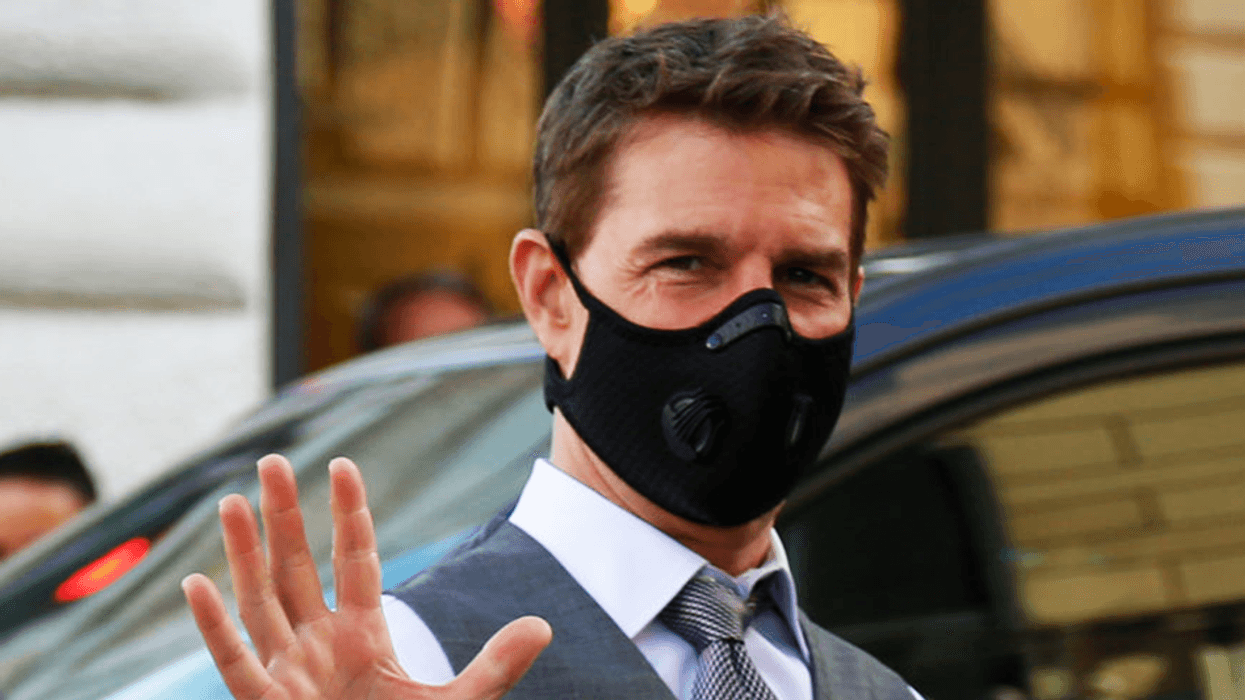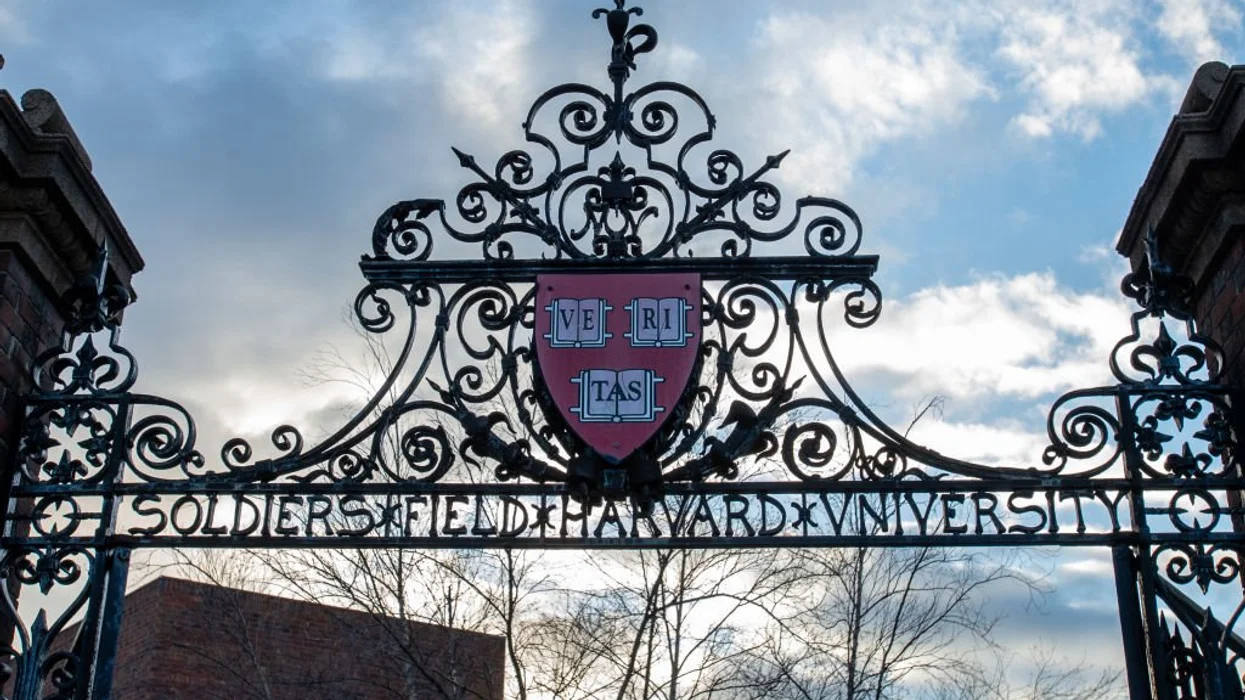The White House didn't provide a clear answer about whether a strike on Syria would require approval from Congress, but asserted that the use of chemical weapons by Bashar Assad's regime posed a threat to the United States.
 White House press secretary Jay Carney listens to a question during a daily press briefing at the White House, Aug. 27, 2013. (Getty Images)
White House press secretary Jay Carney listens to a question during a daily press briefing at the White House, Aug. 27, 2013. (Getty Images)
"I believe that absolutely allowing the use of chemical weapons on a significant scale to take place without a response would present significant challenge to, threat to the United States' national security," White House spokesman Jay Carney said Tuesday.
Under Obama's own standard, a threat could justify a military response without direct congressional authorization. Carney was asked about a 2007 interview Obama had with the Boston Globe when the then-presidential candidate said, “The president does not have power under the Constitution to unilaterally authorize a military attack in a situation that does not involve stopping an actual or imminent threat to the nation."
"As I made clear, it is clearly in the United States' national security interest that that norm be maintained because the consequences of that standard dissolving are enormous and very detrimental to the United States and very detrimental to the international community, to our allies and partners in the region, and the world at large," Carney said Tuesday.
Questions over whether President Barack Obama will get congressional authorization come as U.K. Prime Minister David Cameron has called an emergency session of Parliament to address the country's response to Syria
While Carney only insisted the U.S. must have a “response,” he shied away from saying what the response would be, and even if it would be a military, other than promising "no boots on the ground.”
But he said not responding to the Assad regime's use of chemical weapons reported to have killed more than 300 Syrians would invite more use. He pointed out that 189 countries have signed on to the Chemical Weapons Convention that bans the use of such weapons – representing about 98 percent of the global population.
“There must be a response,” Carney said. “We cannot allow this kind of violation of an international norm with all the attending and great consequences to go unanswered. What form that response will take is what the president is assessing now.”
--
[related]

 White House press secretary Jay Carney listens to a question during a daily press briefing at the White House, Aug. 27, 2013. (Getty Images)
White House press secretary Jay Carney listens to a question during a daily press briefing at the White House, Aug. 27, 2013. (Getty Images)





